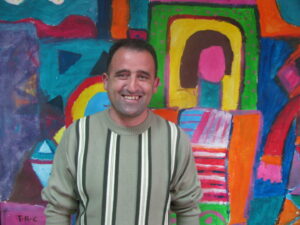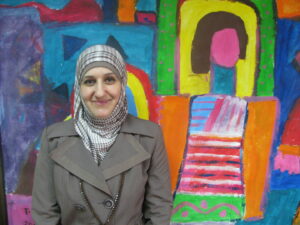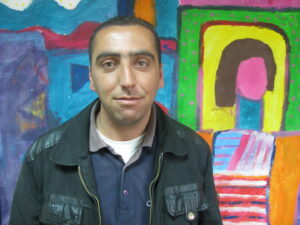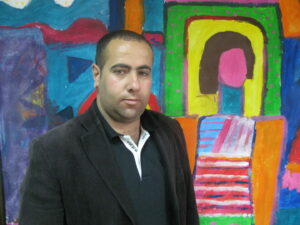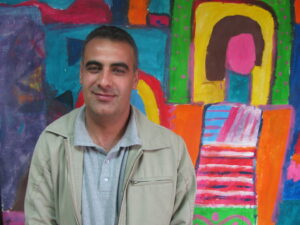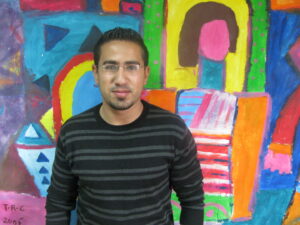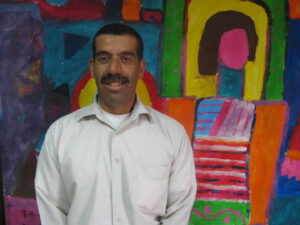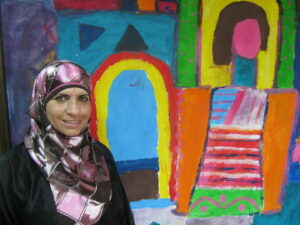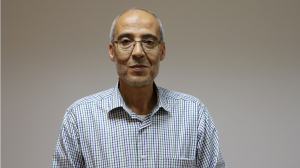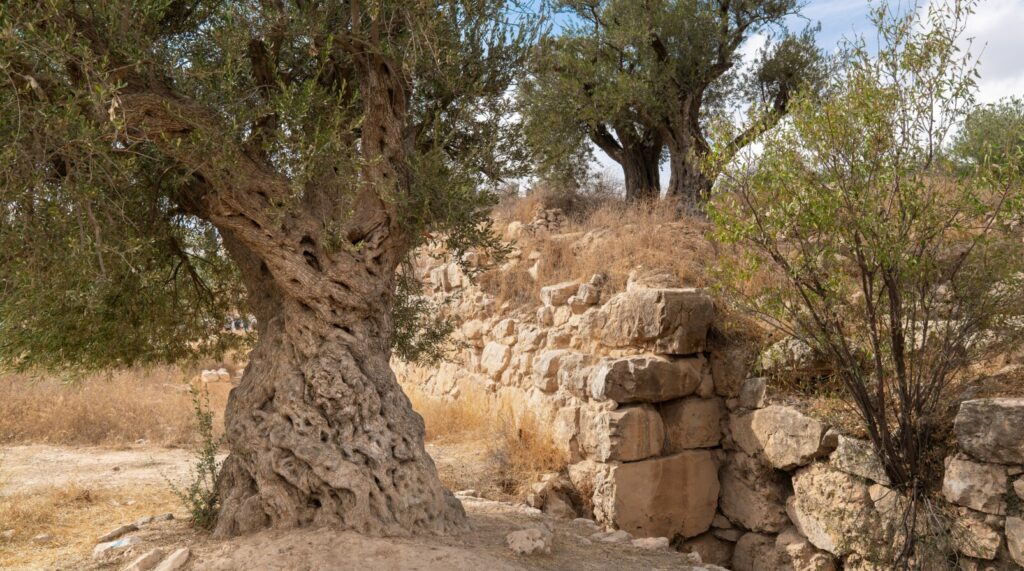
This page conveys the dedicated work of Palestinian practitioners and researchers in the West Bank and in Gaza which has much to contribute to the international field of narrative therapy and community work. At the same time, it is hoped that the stories included here also play a part in what Edward Said describes below:
“What is amazing to me is the persistence of the Palestinian story, and the many different turns it takes, and the fact that it isn’t an organized story, because we are a stateless and exiled people. One has to keep telling the story in as many ways as possible, as insistently as possible, and in as compelling a way as possible, to keep attention to it, because there is always a fear it might just disappear.
I think one of the roles of the intellectual at this point is to provide a counterpoint, by storytelling, by reminders of the graphic nature of suffering, and by reminding everyone that we’re talking about people. We’re not talking about abstractions.” (Said, 2003, p.187)
Edward W. Said, (2003). ‘At the Rendezvous of Victory’ In Barsamiam, D. & Said, E. W Culture and resistance: Conversations with Edwards W. Said. Interviews by David Barsamian (pp. 159-195). Pluto Press, London, UK.
Linking narrative practice to human rights
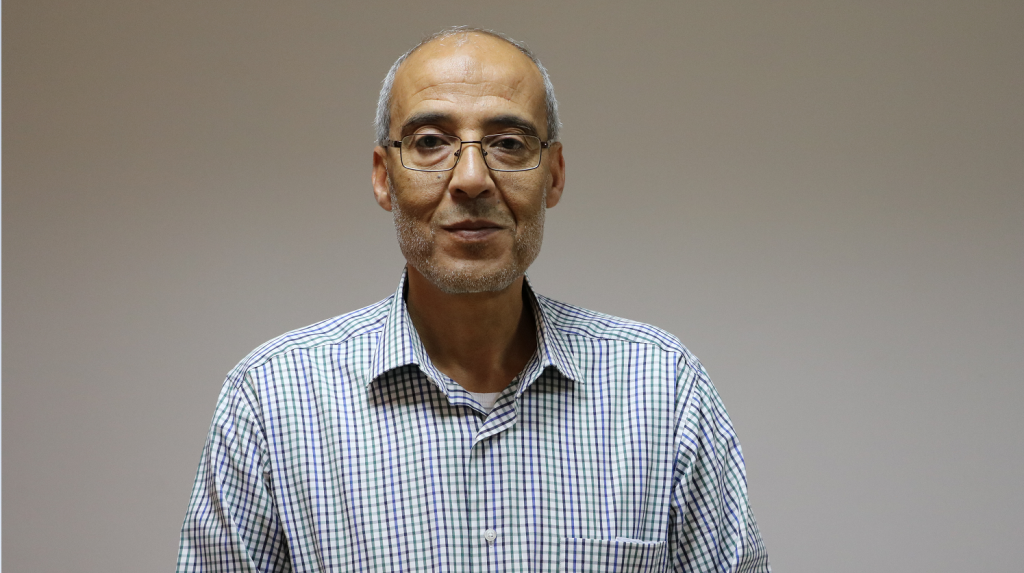
Khader Rasras, Ramallah, Palestine
Khader Rasras is the Executive Director of the Treatment and Rehabilitation Center for Victims of Torture (TRC) based in Ramallah, Palestine. His leadership has seen the TRC team engage with narrative therapy practices since 2004. This led to an initial collection of papers entitled When the trauma is not past or ‘post’: Palestinian perspectives on responding to trauma and torture (International Journal of Narrative Therapy and Community Work, 2005, 3&4, pp. 53-71). Within this collection, Khader Rasras contributed the paper A human rights approach to psychotherapy in which he makes links between healing, psychotherapy and human rights. Khader’s approach (alongside the work of Ibuka: the national genocide association in Rwanda) was a key influence in the development of the (draft) Narrative Therapy Charter of Storytelling Rights.
When trauma is not past: Strengthening stories of survival and resistance

The work of Palestinian narrative practitioners
Palestinian narrative practitioners have consistently questioned the notion of ‘post-traumatic stress disorder’ and have innovated ways of using narrative practices when ‘trauma is not past’. These are described in this handbook from the Treatment and Rehabilitation Center for Victims of Torture (TRC). This handbook, which was published in both Arabic and English, includes skilful and thoughtful examples of practice from Palestinian narrative therapists and consists of four parts. The first describes the broader context of the narrative therapy work of Palestinian counsellors. The second documents a number of key narrative therapy practices and includes examples of Palestinian practice. Part Three conveys how narrative ideas are being used with groups and communities. And Part Four describes how Palestinian counsellors are trying to open possibilities for conversations around very difficult topics. The TRC team includes both Muslim and Christian practitioners.
Seasons of Life: Ex-detainees reclaiming their lives
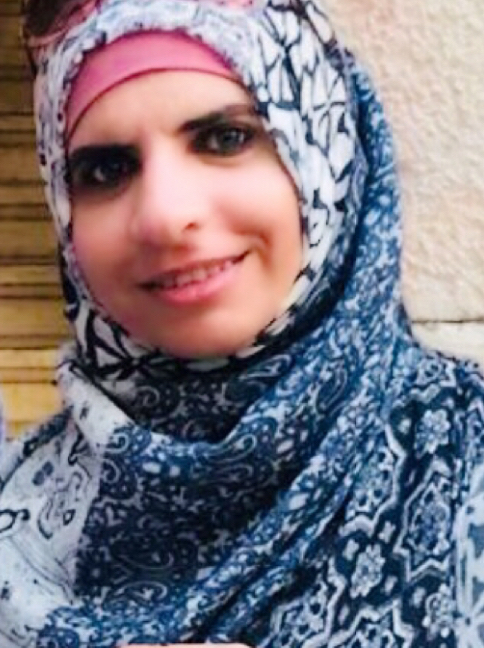
Nihaya Abu-Rayyan, Hebron, Palestine
Nihaya Abu-Rayyan has developed an innovative narrative approach to support Palestinian ex-prisoners. Her work draws upon imagery from nature’s seasons and elements to create conversations based on a ‘seasons of life’ metaphor. This metaphor enables ex-detainees to trace their journey through the stages of detention, incarceration, and release into society. This approach offers opportunities for ex-detainees to offer double-storied testimonies of their prison experiences and to draw upon the skills and knowledges they used to endure incarceration in order to move forward with their lives. Since its publication in the International Journal of Narrative Therapy and Community Work and presentations at a number of International Narrative Practice conferences, Nihaya’s approach has influenced many narrative practitioners.
The experiences of Palestinian women and narrative practice
In this audio recording, Nihaya Abu-Rayyan and Kassandra Pederson
Remembrance: Women and Grief Project — The Dulwich Centre
This article documents the initial stage of Dulwich Centre’s Women and Grief Project, a project based on narrative practice to collect stories, skills, and knowledge of women responding to grief and loss. The article includes a list of narratively informed questions for women to reflect on their experiences of grief and loss, and a heartfelt response to these by a Palestinian woman, as well as responses to her writing by other women. The article also explores the complexities of grief in the context of violence, abuse, or other ‘fraught’ aspects of relationships, as well as socially-unsanctioned forms of grief.
Researching subjugated knowledge
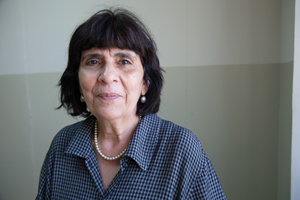
The work of Professor Rita Giacacman
Rita Giacaman is Professor of Public Health at the Institute of Community and Public Health at Birzeit University in the West Bank, occupied Palestinian territory.
During the 1980s, she participated as a researcher and practitioner in the Palestinian social action movement, which led to the development of the Palestinian primary health care model. During the 1990s, Rita participated in building the Palestinian community based disability rehabilitation network. Since 2000, she has been focusing on understanding the impact of chronic war-like conditions and excessive exposure to violence on the health and wellbeing of Palestinians, with an emphasis on psychosocial health, and ways in which interventions could generate the needed active and positive resilience and resistance to ongoing war-like conditions, especially among youth. Rita Giacaman can be contacted rita@birzeit.edu.
Researching suffering, subjugated knowledge and practices of health: An interview with Professor Rita Giacaman
The work of the Institute of Community and Public Health at Birzeit University, Palestine, seeks to link the biological/biomedical sphere to the political sphere through the concept of suffering. This interview explores the ways they work to expose the sociopolitical conditions of life in order to simultaneously personalise war and politicise health. This interviewer took place in 2018. The interviewer was David Denborough.
Researching health justice and the capacity to endure: An interview with Professor Rita Giacaman
In this interview, Rita Giacaman, outlines an alternative approach to mental health research that relates to Foucault’s (1976) call for an ‘insurrection of subjugated knowledges’ (p.81). Building on Palestinian experiences of social suffering, and honouring local idioms, the work of the Institute of Community and Public Health at Birzeit University, refuses to separate health from justice. This interview took place at Berzeit University in Ramallah, Palestine, in May 2014. Interviewers were David Denborough, Cheryl White and Marnie Sather.
Read the interview here.
